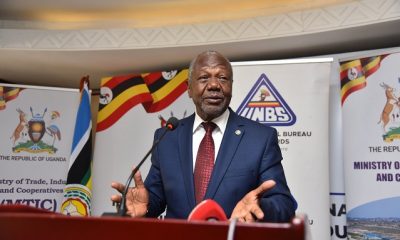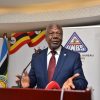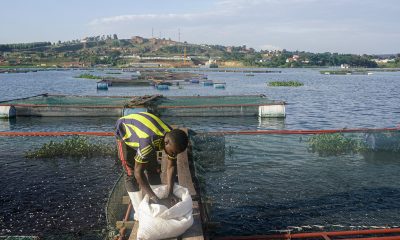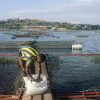Analysis
Kagame attacks BBC over controversial genocide documentary
Disrespect: President Kagame says BBC is hiding behind freedom of press and speech to disparage Africa.
President Paul Kagame has attacked BBC over a controversial genocide documentary, the Kigali government says were Tutsi, killed in 100 days.
“BBC have turned genocidaires into victims and turned us into killers,” President Kagame said.
Notable among the speakers (sources) in the documentary is Gen Kayumba Nyamwasa, a former Kagame ally, now exiled in South Africa and Dr Theogene Rudasingwa, Mr Kagame’s former Chief of Staff, who sought political asylum in the US.
President Kagame’s attacks follow a series of calls from mainly genocide survivors, saying BBC should apologise for airing a film in which it is alleged that only 200,000 Tutsis were killed and not 800,000 as government asserts.
The film claims majority of the people who were killed in 1994 were Hutus, considering a research conducted by two professors from the University of Michigan.
Prof Christian Davenport and Allan Stam, who dispute the Kagame-led regime figure, claim they reached their conclusive figure after reviewing Rwanda’s population statistics at the time.
The documentary, titled: “Rwanda’s untold story” was aired on October 3 on BBC2.
However, UK’s Independent online Tuesday quoted a British Broadcasting Corporation spokesperson, saying the documentary makes a “valuable contribution” to the understanding of a difficult subject.
“The BBC strongly refutes suggestion that any part of the programme constitutes a ‘denial of the genocide against the Tutsi. There are repeated references to the mass killings of Tutsis by Hutus in 1994 and that this constituted genocide,” said the spokesperson.
The film also accuses President Kagame of ordering the shooting of former president Juvenal Habyarima’s plane in which all occupants including former president of Burundi Cyprien Ntaryamira were killed on April 6, 1994.
“The manner in which president Habyarimana was killed, the documentary claims, “must have been a pivotal factor that sparked off the 1994 genocide”.
Kagame, in power since 2000, has been credited for restoring security and rolling Rwanda on a path of growth.
But critics say he is a high-handed leader and an authoritarian, who has allegedly hounded opponents into exile and trying to kill them from there.
However, Kigali continues to deny the allegations, saying they are only aimed at discrediting and distabilsing the country.
Background
The Rwandan genocide was a mass slaughter of Tutsi and moderate Hutus in Rwanda allegedly by members of the Hutu majority.
During the approximately 100-day period from April 7, 1994 to mid-July, an estimated one million Rwandans were killed, constituting as much as 20 per cent of the country’s total population and 70 per cent of Tutsi then living in Rwanda.
According to government, the genocide was planned by members of the core political elite known as the akazu, many of whom occupied positions at top levels of.
Perpetrators reportedly came from the ranks of the Rwandan army, the National Police, government-backed militias including the Interahamwe and Impuzamugambi, and the Hutu civilian population.
Comments



















